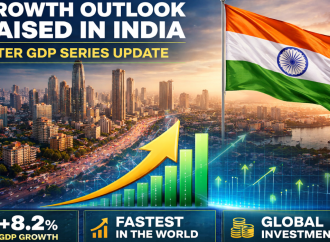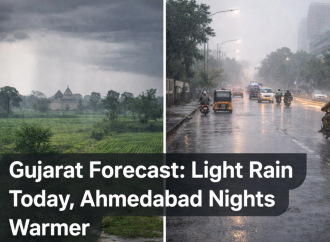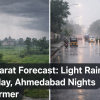As Diwali approaches — India’s biggest and most vibrant festival — markets are gearing up for the annual shopping frenzy. However, this year’s consumer trends show a mixed picture. While automobile sales are accelerating, other spending indicators suggest overall demand remains weak, raising questions about whether this festival of lights will truly shine for retailers.
As Diwali approaches — India’s biggest and most vibrant festival — markets are gearing up for the annual shopping frenzy. However, this year’s consumer trends show a mixed picture. While automobile sales are accelerating, other spending indicators suggest overall demand remains weak, raising questions about whether this festival of lights will truly shine for retailers.
Mixed Signals in Diwali Demand
The festive season, stretching from September to October, is usually a period of booming sales across India. Yet, economic forces appear divided this year.
On one hand, global trade pressures and slowing U.S. demand are weighing on India’s urban economy, especially in IT and services sectors. On the other hand, tax cuts and reduced levies on essential goods are helping stimulate consumer confidence.
During September, auto dealers reported a 5.2% year-on-year increase in sales, compared to a 9% drop last year. The difference is partially due to festival timing, as Diwali falls later this year.
The nine-day Navratri festival also boosted vehicle sales to a record high, coinciding with the start of the new tax benefits.
Mercedes-Benz India reported selling one car every six minutes, highlighting strong demand in the luxury segment.
E-Commerce Boom: Tier-2 Cities Lead the Way
Online shopping platforms also saw a sharp uptick in activity.
Amazon India reported over 380 million visits during the first two days of its festive sales — its best start in five years. Notably, 70% of traffic came from smaller cities and towns, signaling a growing appetite for online shopping beyond major metros.
Analysts at Redseer Consulting predict that 2025 could be the strongest year for India’s e-commerce industry in half a decade, driven by regional expansion and improved logistics.
Gold Purchases Slow as Prices Surge
While automobiles and online retail are thriving, the gold market tells a different story.
Traditionally, gold buying peaks during Diwali, but high bullion prices are discouraging many consumers.
Dealers expect only a modest recovery compared to previous months.
Analysts at Ambit Institutional Equities warned that this year’s festive boost may be smaller than expected due to weak wage growth and a stagnant job market. They suggest that recent tax cuts might shift spending patterns rather than create new demand.
Rural India Keeps the Economy Afloat
While urban demand remains uncertain, rural India offers a glimmer of hope.
According to Citibank analysts, rural incomes are strong, supported by an eight-year high in wage growth, a 10% rise in non-farm jobs, and robust agricultural activity.
These trends could offset the slowdown in cities and sustain overall consumption.
“The key question,” Citi said, “is whether rural growth can be matched by a revival in urban demand to improve business sentiment.”
Urban Spending Slows Amid U.S. Policy Impact
Both Citi and Ambit analysts highlight sluggish wage growth— around 8% for non-financial listed companies — below the long-term average of 11%.
This slowdown, especially in the IT sector, has curbed urban spending during the festival season.
The U.S. economic slowdown and trade tensions are further straining India’s tech-driven urban economy. September data shows lower air travel, declining hotel occupancy, and slower growth in personal loans, often used to fund festival purchases.
Economists expect interest rate cuts and tax relief to improve spending in the months ahead, but note that consumer sentiment remains cautious.
Silver ETFs Surge Amid Metal Shortage
Meanwhile, investor appetite for silver and gold ETFs has hit record highs.
Heavy inflows into silver-backed funds have even led some institutions to temporarily halt bulk subscriptions due to a shortage of physical metal in the Indian market.
Fund managers expect this pause to last until supply and demand balance out.
Fintech Gathers, Crypto Sidelined
At India’s recent Global Fintech Fest, attended by the Prime Ministers of India and the UK, there was a noticeable absence of crypto discussions.
Event organizers urged speakers to avoid political or cryptocurrency topics, reflecting India’s cautious stance toward digital assets.
Instead, attention turned to India’s real-time payment network, the Unified Payments Interface (UPI), which is now introducing biometric authentication to enhance security.
Outlook: A Hopeful Yet Uneven Diwali
As India prepares for Diwali, the economic picture remains split between optimism and restraint.
Rural resilience and tax relief offer bright spots, but urban caution and global uncertainty still cast shadows over the celebration.
The coming weeks will reveal whether the festival of lights truly brings a spark to India’s economy or remains dimmed by external and domestic challenges.


















Leave a Comment
Your email address will not be published. Required fields are marked with *